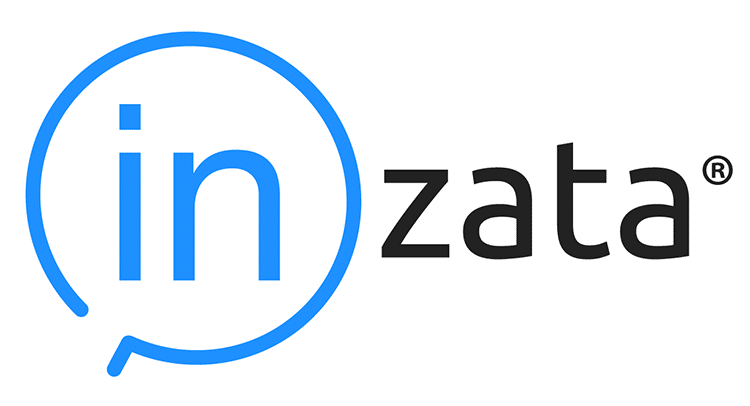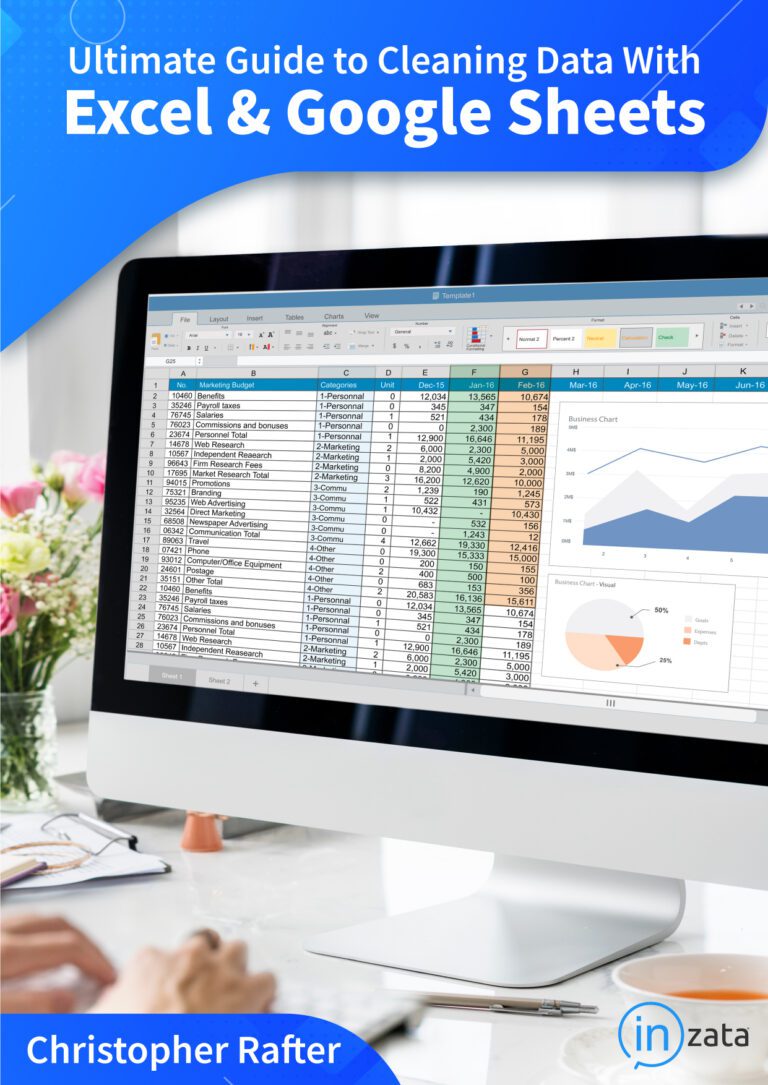The use of spreadsheets in business today is essential for the vast majority of people. From quick calculations and generating reports to basic data entry, spreadsheets have a way of working themselves into our daily tasks. What’s not to love about spreadsheets? They’re quick, easy to use, require little to no training, and are quite powerful tools overall. However, developing too much of a dependency on them can be problematic, especially when used as a workaround for other solutions due to convenience.
This dependency problem is commonly referred to as spreadsheet addiction. While referring to this phenomenon as an addiction might seem a bit extreme, many organizations find themselves heavily reliant on the use of individual spreadsheets to perform core functions. This high usage rate causes many problems and can ultimately hinder a company’s growth. Let’s explore the potential causes of this addiction as well as review possible treatment plans of action.
What’s Wrong with Using Spreadsheets?
While Excel and Google Sheets can be quite effective in their own right, heavy reliance on spreadsheets can create risk and cause a number of negative effects.
A few examples of potential problems they create are:
- Things Start to Break – As the size of the dataset increases, things within your spreadsheet inevitably start to break. Once this starts to occur, it can be seemingly impossible to identify the source of the problem. You’ll likely drain more time and resources into finding and fixing the issue than on your actual analysis. These breaking points also create the risk for errors and other data corruption.
- Static and Outdated Information – Exporting data from your CRM or ERP system instantly causes the information to become outdated. Spreadsheets don’t allow you to work with your data in real-time, additionally, it’s also extremely difficult to implement any form of automation within your sheets. This creates more work for users as well as poses the problem of inaccuracy.
- Impedes Decision Making – Spreadsheets are notoriously riddled with errors, which can be costly when it comes to decision making. You wouldn’t want to base any kind of decision on a forecast that is more likely to be inaccurate than not. Reducing discrepancies, specifically human error will improve decision making overall.
Treatment Method to Spreadsheet Addiction
Regardless of the severity of your company’s spreadsheet dependency, effective treatment is no small feat. Change doesn’t happen overnight and you should approach your treatment plan as an iterative process. While this list is not exhaustive, here are a few pillars to consider when promoting change.
Evaluation of Symptoms
First, you must identify how spreadsheets are currently being used. It’s important to start with a comprehensive overview of your situation in order to form an effective plan of action.
To access your addiction level, start by asking yourself questions such as:
- How are spreadsheets used by an individual user and across departments?
- What company processes involve the use of spreadsheets?
- How are spreadsheets used as a method of collaboration?
Drill down how spreadsheets are being used from the company level down to the individual users. Determine not only how they are being used by departments but also their frequency, purpose, and role in daily operations.
Assign Ownership
Next, assign an individual to lead or build a small team to take ownership of the project. If no one feels they are directly responsible for driving change, the bystander effect will inevitably rear its ugly head on the situation. Assigning responsibility for the transition away from spreadsheets will facilitate the flow of change.
New Solutions and Systems
A new solution requires a widespread change to business processes and will ultimately impact day to day operations. This is the main reason spreadsheet addiction is prolonged in businesses, everyone is more comfortable with their usual way of doing things. But implementing the proper tools and systems is vital to decreasing dependency on spreadsheets.
Use your evaluation to identify your company’s business intelligence needs and acquire tools accordingly. While this transition might require an initial upfront cost, investing in the proper data and analytics tools will help reduce costs in terms of efficiency and labor in the long run.
Promote User Buy-In
Buy-in from employees across all levels is crucial to the acceptance of new solutions and business processes. Spreadsheet addiction will prevail if users aren’t comfortable with using the new systems put into place. Learning is required when it comes to any change, it’s essential to offer training and available support resources to aid the shift.
In the end, accept that there will always be some tasks and projects done through Excel or Google Sheets. The important thing is that not everything or even the majority of work will be done through these platforms. Though beating spreadsheet addiction might come with some withdrawals, driving change now will foster greater efficiency in the long run.


